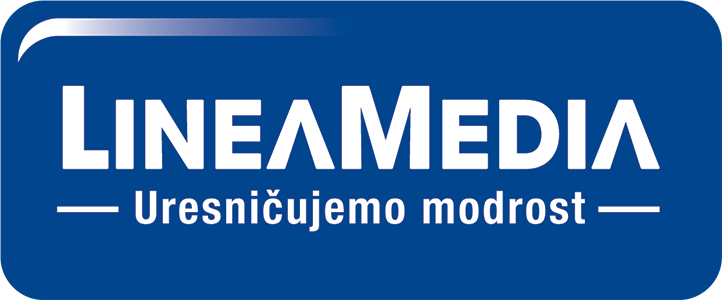Skriti kupec (mystery shopper)
Skriti kupec (mystery shopper) je priznana tržnoraziskovalna metoda opazovanja, ki naročniku omogoča vpogled v kakovost poslovanja s strankami na posameznih prodajnih mestih. Je izredno učinkovito in priljubljeno marketinško orodje za prilagajanje ponudbe tržnim zahtevam in dvig ravni postrežbe in ponudbe ter tako posredno vpliva na zadovoljstvo kupcev in izboljšanje konkurenčne prednosti.
Gre za kontinuirano raziskavo, kjer stalnost vzorca (iste osebe) predstavlja proučevano populacijo. S pomočjo panoja splošne populacije vam omogočamo merjenje učinkovitosti oglasov in zadovoljstva z vašimi storitvami in izdelki, aktualno primerjavo s konkurenco itd.
Zakaj projekt “skriti kupec”?
Projekt skriti kupec je primeren za vsa podjetja, ki jim ni vseeno, kako njihovi zaposleni obravnavajo kupce, in se zavedajo pomena zadovoljnega kupca.
V podjetju Linea Media vam pripravimo celoten projekt skritega kupca in vam s svojimi izkušnjami na področju raziskovanja ter kakovostjo storitev pomagamo pri oblikovanju vaše cenovne in prodajne politike.
Razlogi:
- vpogled v odnos osebje–kupec, s čimer zaposlenim lahko prikažete, kako pomemben je profesionalen odnos do kupcev;
- odkrivanje pomanjkljivosti v ponudbi in postrežbi, kar pripomore k oblikovanju novih možnosti za njihovo odpravo in s tem izboljšanju odnosov osebja do kupcev;
- pozitivno motiviranje osebja za še dodatno izboljšanje kakovosti poslovanja s kupci;
- povečanje zadovoljstva kupcev;
- redna primerjava s konkurenco, na podlagi česar lahko povečate konkurenčne prednosti;
- merjenje vpliva in učinka postavitve izdelkov, delovnega časa in oglaševanja na kupce in prodajo.
Kaj je »mystery shopping«?
Skriti kupec (mystery shopper) je priznana tržnoraziskovalna metoda opazovanja, ki naročniku omogoča vpogled v kakovost poslovanja s strankami na posameznih prodajnih mestih. Je izredno učinkovito in priljubljeno marketinško orodje za prilagajanje ponudbe tržnim zahtevam in dvig ravni postrežbe in ponudbe ter tako posredno vpliva na zadovoljstvo kupcev in izboljšanje konkurenčne prednosti.
Izvedba:
Z raziskavo natančno posnemamo situacijo resničnega nakupa, pri čemer podatke pridobivamo s pomočjo našega strokovno usposobljenega kadra, ki po predhodno določenem scenariju kot navidezni potrošniki igrajo vlogo resničnega kupca. S podjetji stopimo v stik po pošti, prek spleta ali osebno, nato pa po končanem nakupu izpolnimo ocenjevalni obrazec, ki je pripravljen v skladu z naročnikovimi zahtevami, pričakovanji in cilji.
Po končani izvedbi skritih nakupovanj naročniku pripravimo poročilo in z analiziranimi povratnimi informacijami pripomoremo k izboljšanju vaših storitev in dolgoročnemu poslovnemu uspehu.
Vas zanima ponudba?
Raziskava naročniku omogoča vpogled v kakovost poslovanja s strankami na posameznih prodajnih mestih.
Telefokus je še posebej primeren za intervjuvanje skupin težje dosegljivih populacij, ki bi se sicer težko zbrale na določeni lokaciji ob določenem času.


